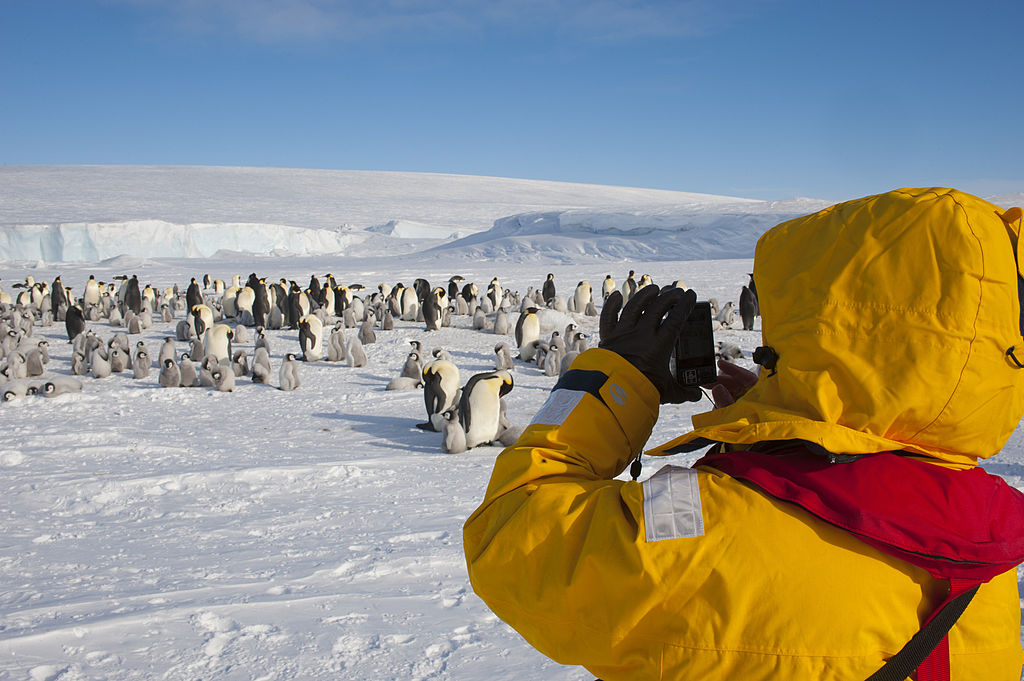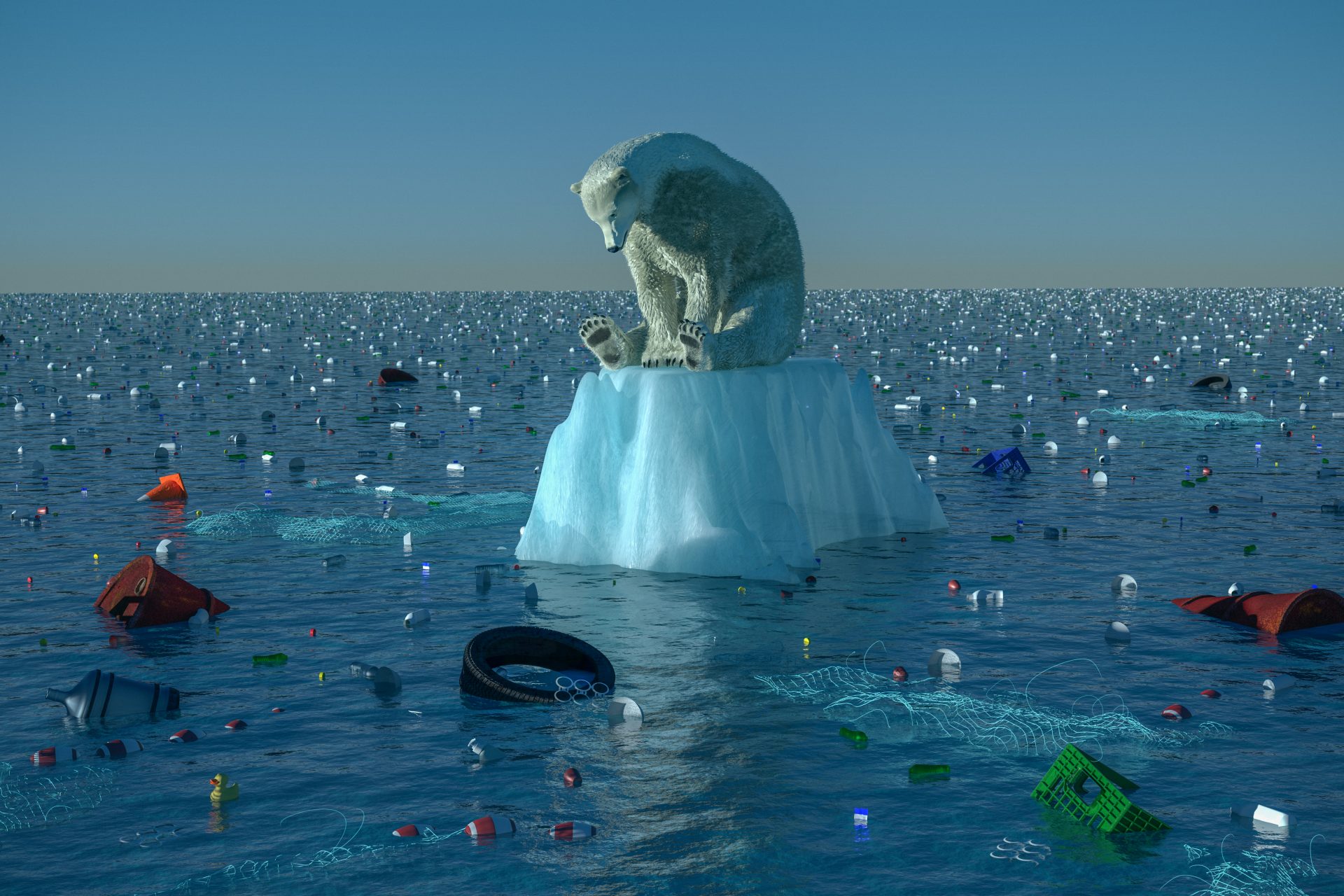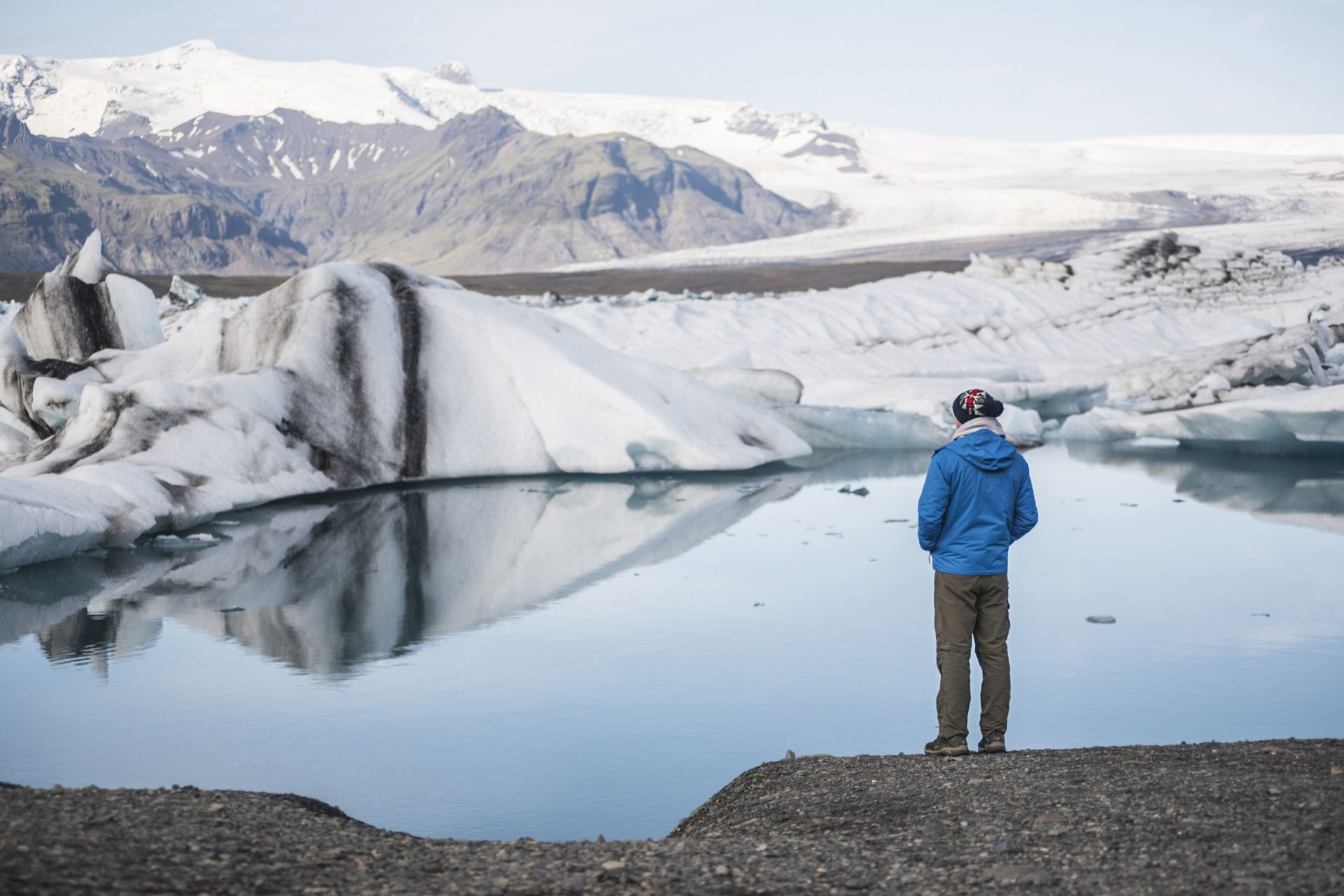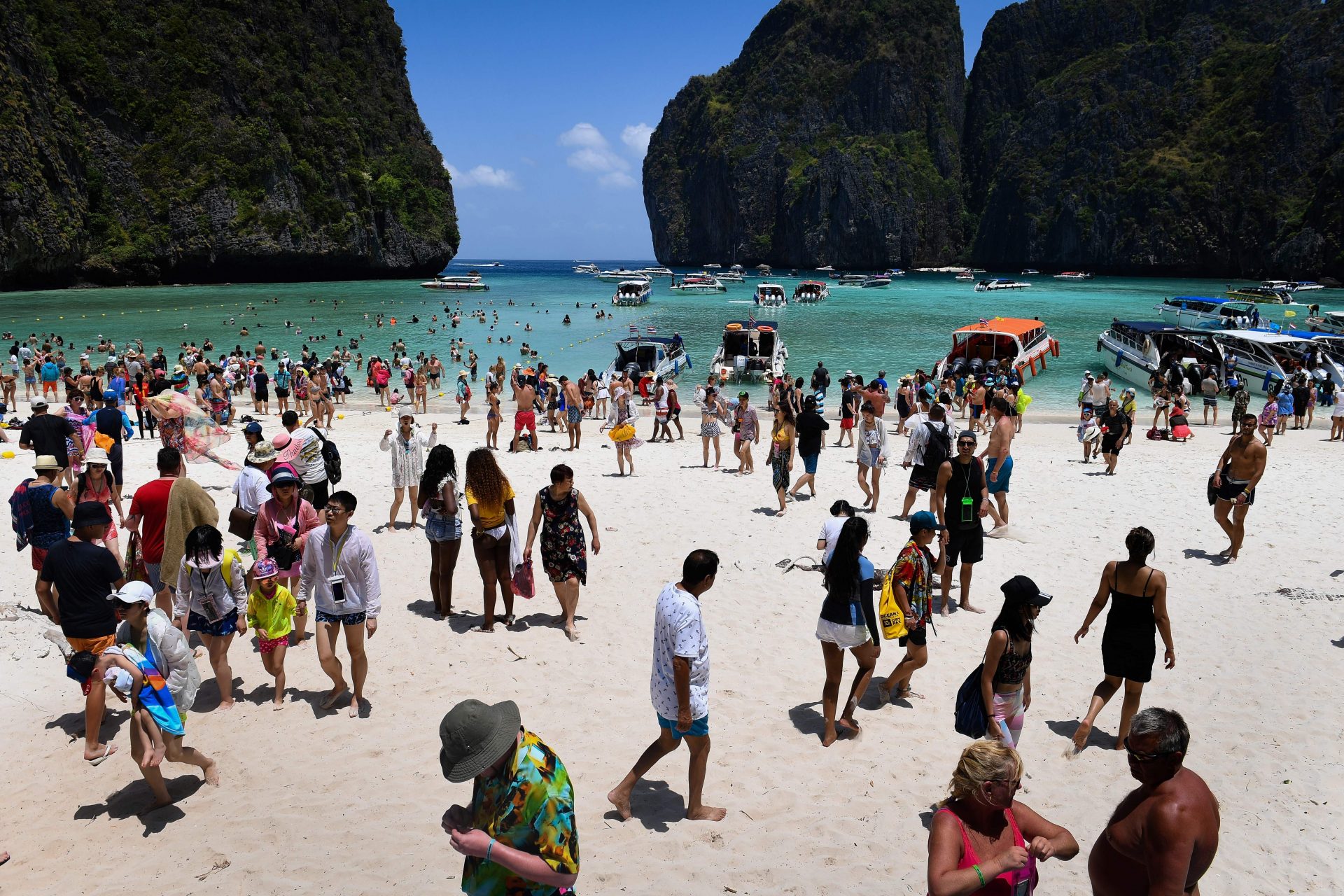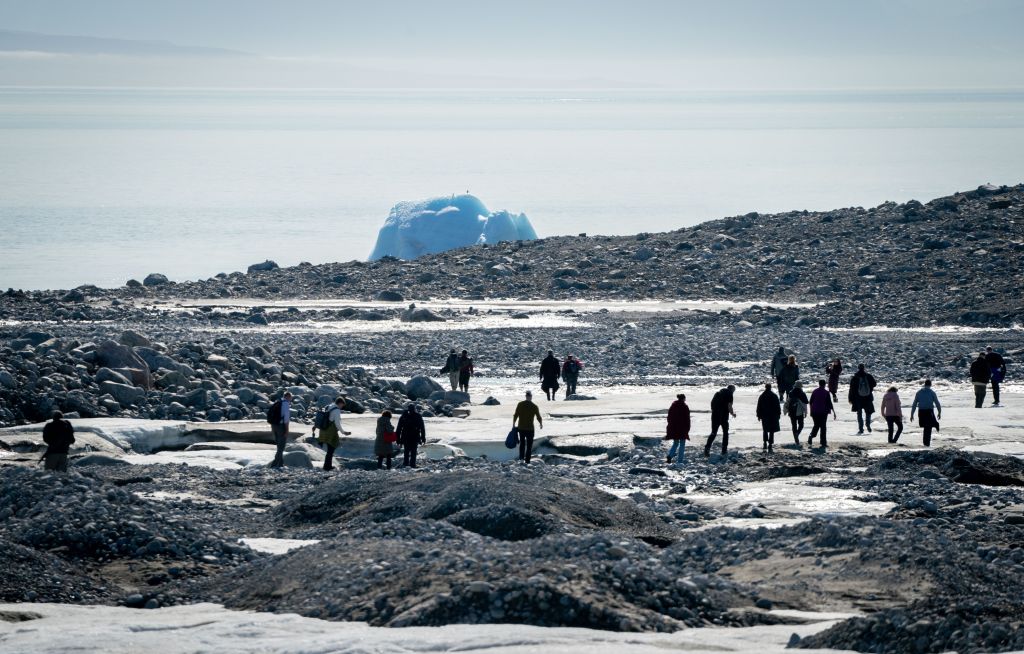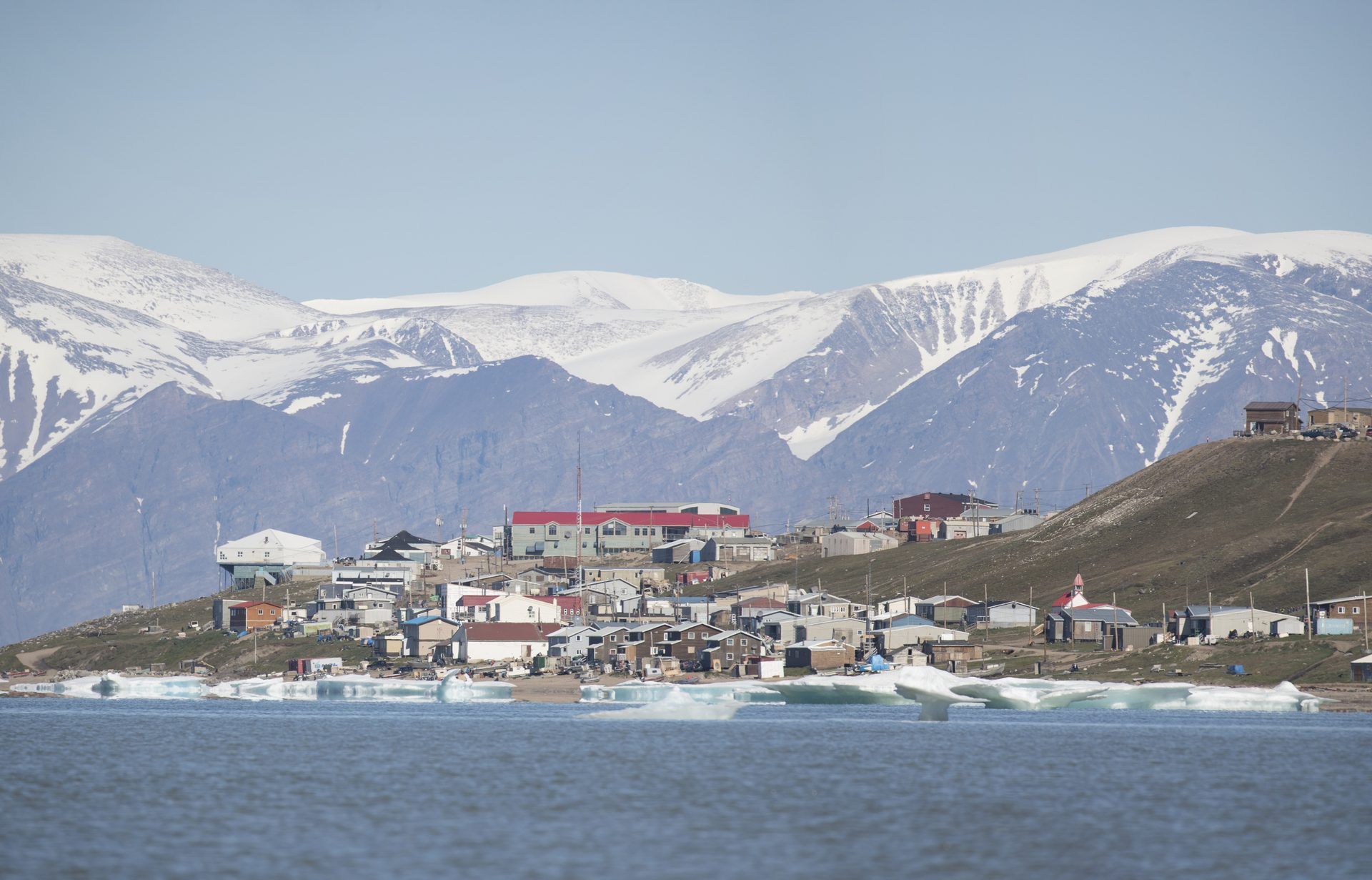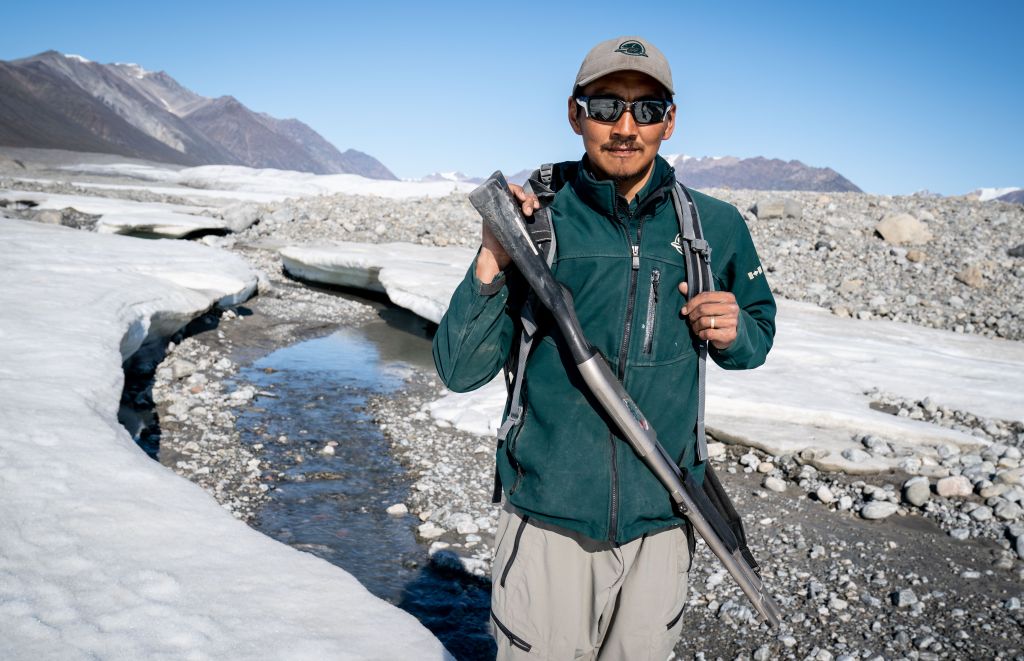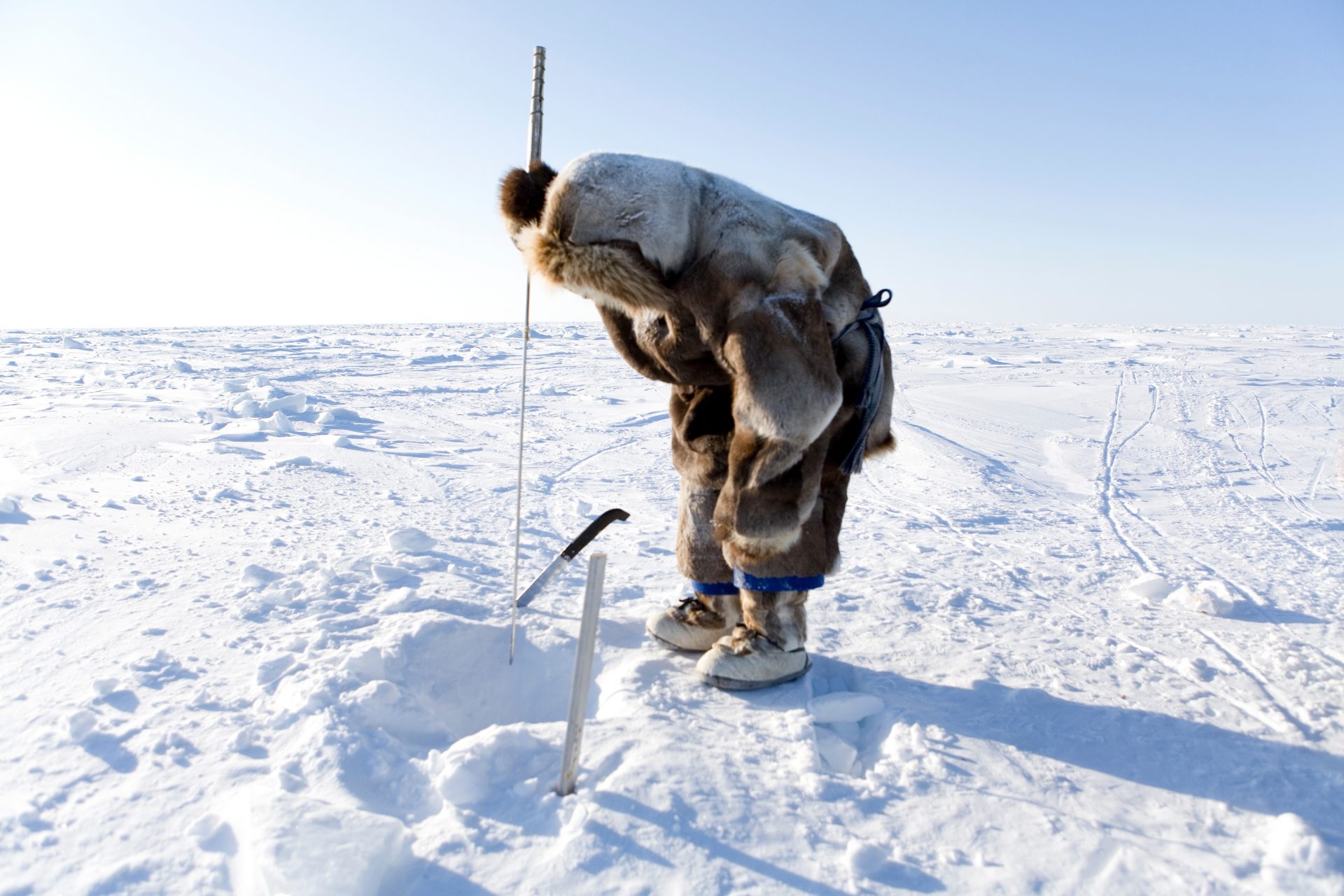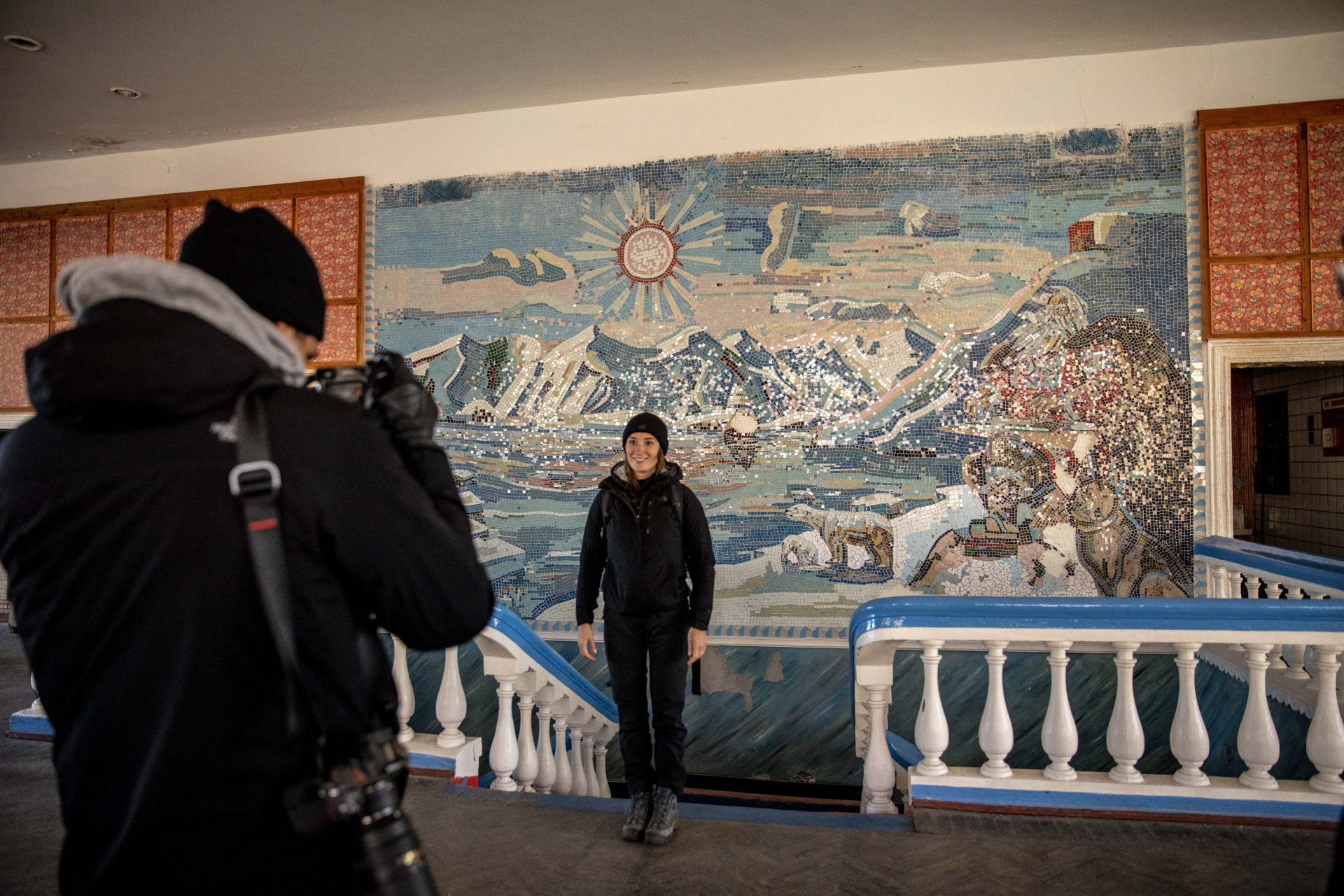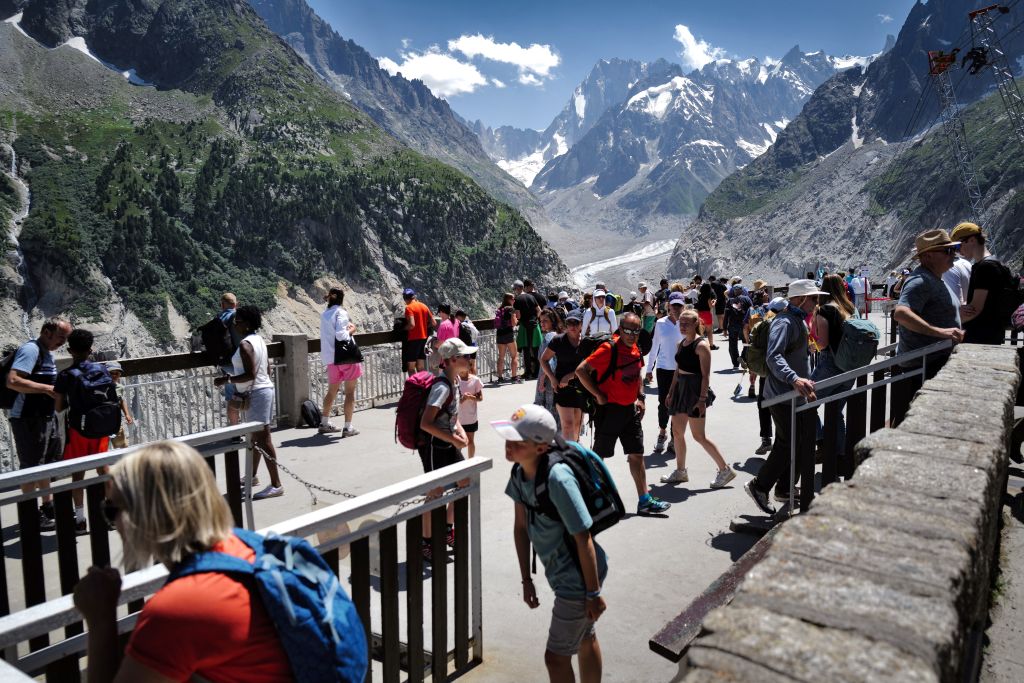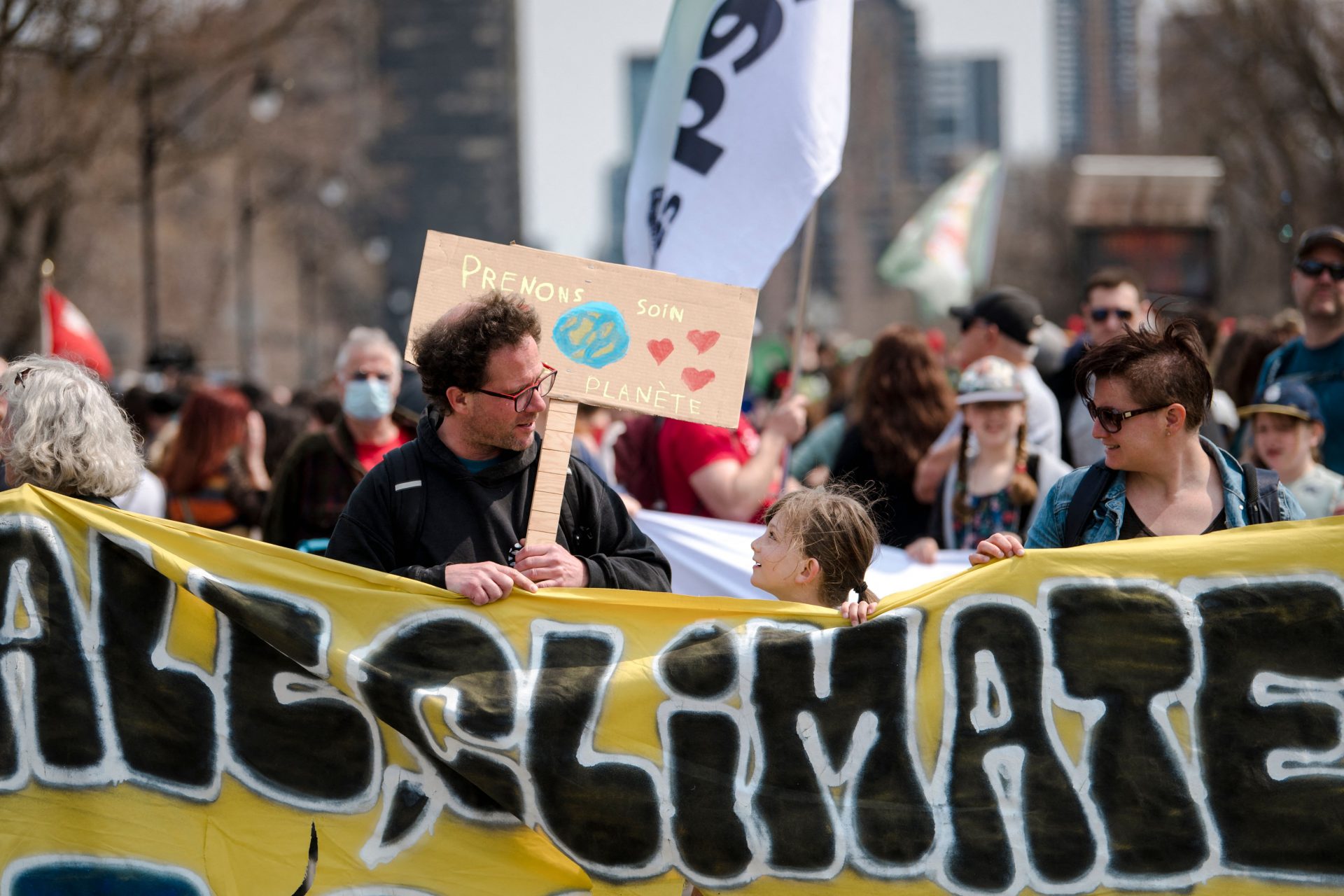‘Last-chance tourism’: the latest controversial travel trend
With global warming rapidly changing our planet and threatening to change or completely disappear some places, tourists are rushing to see destinations that could vanish in the future.
Travel and tourism is responsible for between 8 and 11% of global greenhouse gas emissions, according to a 2021 report from the World Travel and Tourism Council.
On the other hand, however, tourism can also give an economic boost to communities in need.
The global travel industry supported 333 million jobs in 2019, according to The New York Times, and an estimated one-sixth of the world's population relied on that income.
An example of that dilemma is Canada’s melting arctic; while tourism is accelerating its devastation, the local communities rely on it to survive as hunting becomes increasingly difficult, The Guardian reported.
Pond Inlet, a village of about 1,600 mostly Inuit people in the territory of Nunavut, received about 3,000 tourists in 2023. Each paid about $15,000 to travel on one of the 25 cruise ships that docked in the village harbour.
In a town where food costs twice as much as the Canadian average, with one of the nation’s highest poverty rates, cruise ships represent a crucial income source for people who have relied on hunting sea mammals and fishing for subsistence for more than 4,000 years.
And so, it’s become a vicious cycle, many locals say, in which cruise ships scare away the wildlife, meaning there are fewer animals to hunt, and in turn the residents become more dependent on tourism for income.
There is some evidence that visiting an ecological site may lead people to become more aware of their own impact on the environment, however.
In a 2022 study of tourists who visited Mer de Glace (a melting glacier in the French Alps, pictured), 82% said they would stop visiting glaciers if doing so would protect them.
While 77% said they would reduce their water and energy consumption, 80% said they would try to learn more about the environment.
While the researchers concluded nature-based tourism could result in visitors adopting more environmentally-friendly behaviors, they also said more research was needed to se if people would follow through with their intentions.
Long-term thinking is needed to protect ecologically fragile tourism sites, said Rachel Dodds, a professor of hospitality and tourism management from Toronto, to The Independent.
Photo: Tuvalu, an island-nation that could disappear within a few decades.
"Tourism is planned for the short-term, and policies or plans are not developed with the medium or long-term impacts," said Dodds. She added that without proper management, places are “being ruined beyond repair.”
More for you
Top Stories



